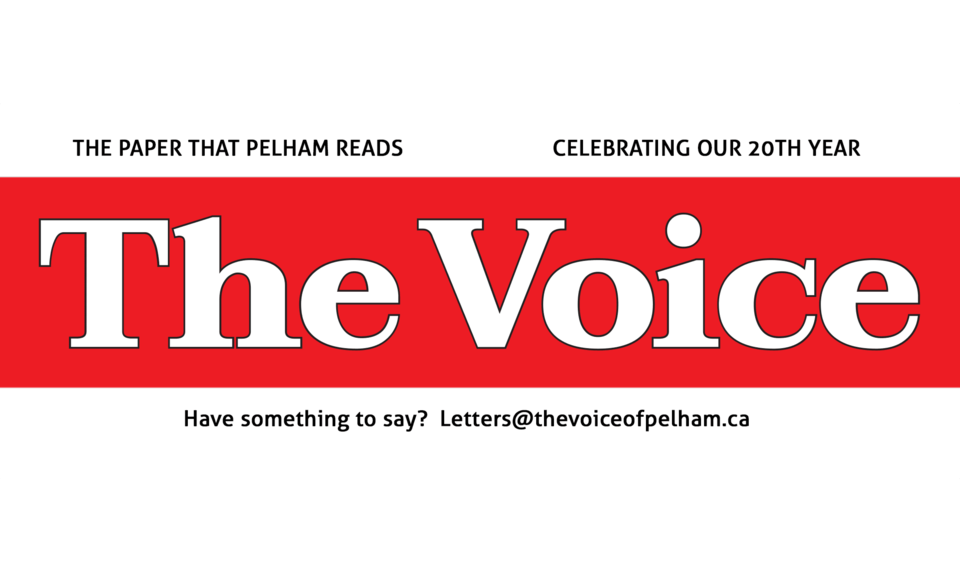By NATE SMELLE The Voice
Thanks to the lobbying of the American Department of Energy, the Canadian Nuclear Safety Commission, and a U.S. court, the drive between the Atomic Energy of Canada Ltd. Laboratories in Chalk River and the Savannah River disposal site in South Carolina has become the ultimate experience for thrill-seeking commuters.
Failing to see the greater threat of contamination posed by transporting liquid nuclear waste, as to opposed to transporting or storing it as a solid, a U.S. judge sided with the DOE and approved 150 shipments to make the 1,700 kilometre journey south.
The transport of 23,000 litres of some of the most dangerous material on the planet had been delayed by a lawsuit filed against the DOE in federal court by a coalition of seven environmental and nuclear watchdog organizations.
Though the truckloads could already be traveling among the daily traffic flow on public roads, the fight to stop the transport is far from over says Gracia Janes, Environment Convener for the National Council of Women of Canada. As a resident of the Niagara Region she’s concerned about the impact a spill could have on the health of people and the environment.
“This is completely unnecessary,” she said.
“Indonesia is down-blending the same kind of material and solidifying it and keeping it there. They are not sending it back to the U.S. There are far too many risks involved and no benefits for us to ship it to the States.”
Janes explained that the down-blending of nuclear waste reduces the danger of the material by 98 percent. That so many communities in Ontario and the U.S. are put at risk by the transport of radioactive liquid does not make sense. She says another potential problem with the shipments being overlooked by governments at all levels, and on both sides of the border, is emergency preparedness.
“We are unprepared and our emergency-measures people are very concerned,” said Janes.
“We don’t even know when the trucks will be traveling through Niagara, so how can we be prepared. What bothers me most is that accidents can and do happen.”
Janes is hoping that Prime Minister Justin Trudeau will step up and prevent the shipments in the interest of public safety. So far, he has remained silent.
The National Council of Women has sent Trudeau a letter and contacted Minister of Public Safety and Emergency Preparedness Ralph Goodale, but there has yet to be any action from the federal government.
Hopeful, but not holding her breath, Janes says the trucks could be stopped by politicians on the other side of the border, in the name of national security.
The Chemical, Biological, Radiological and Nuclear Intelligence and Information Sharing Act of 2017, put forth by Arizona Congresswoman Martha McSally, could stop, or at least delay, the shipments, according to Janes.
The legislation would make it mandatory for nuclear materials to undergo a risk assessment before being transported.
Shipping liquid nuclear waste across the Niagara River via the Peace Bridge is certainly a big risk, she says.



